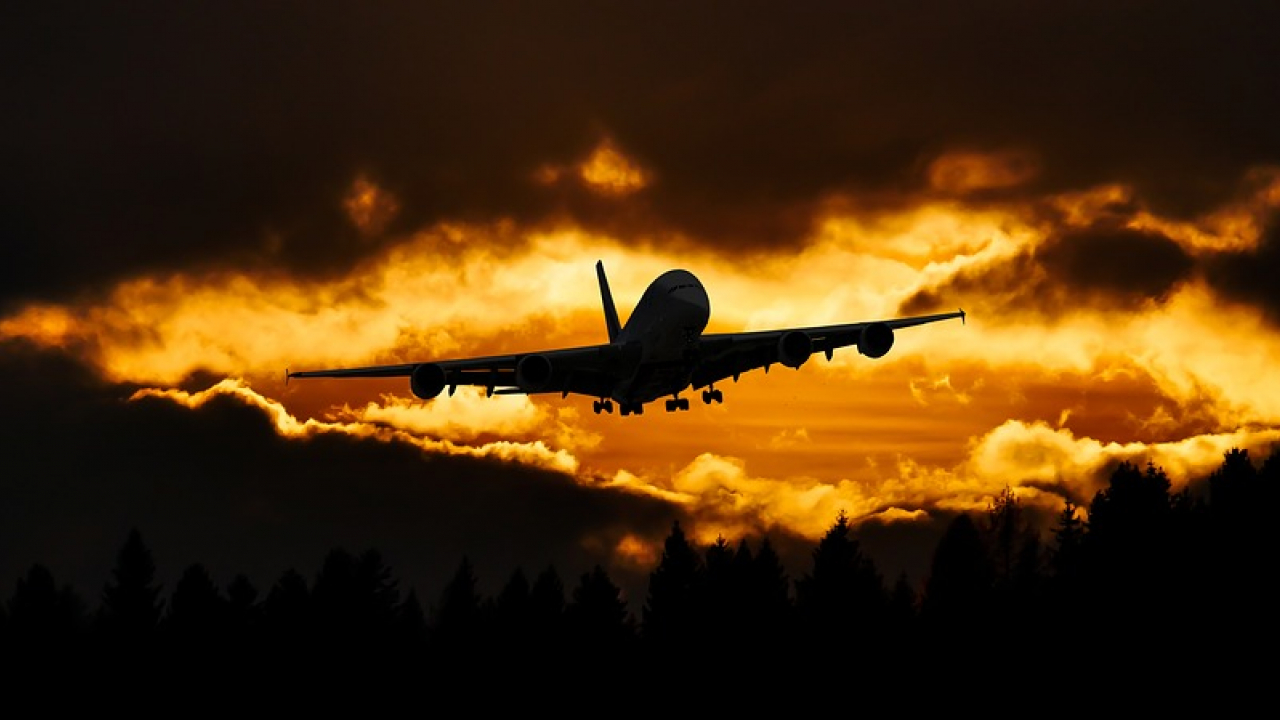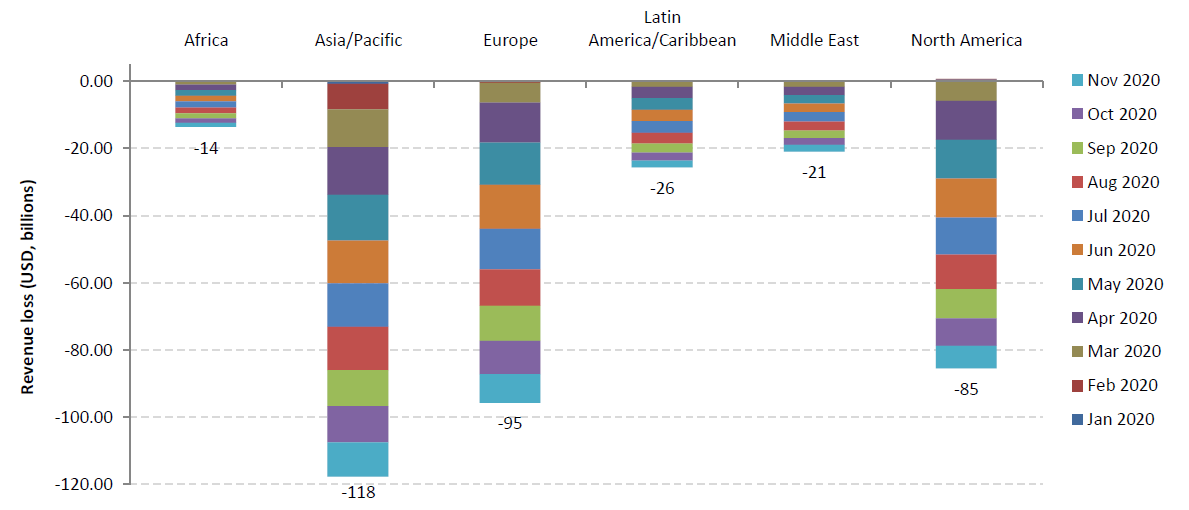2020 in Hindsight and the Route Ahead for the Airport Sector
Curtis Grad
Vancouver
December 30, 2020

By Curtis Grad (Vancouver, Canada)
A year like no other, 2020 has doled out what has been a seemingly relentless and unbearable stream of heartache and misery. On a human scale, the impact of the COVID19 pandemic has been truly monumental, grossly exceeding all previous points of comparison and escaping fitting description. Over-used clichés and euphemisms have fallen short in conveying the true enormity of 81+ million worldwide cases and the nearly 1.7m people that have already lost their lives across the globe since the crisis first emerged in Wuhan, China early in the year. Source: John Hopkins University / BBC The global economic impact has been equally dramatic with the aviation industry generally, and the airport sector in particular, being exceptionally hard hit. What seemed unimaginable in January has now become a stark and bitter reality, as global aviation passenger traffic plummeted upwards of 60% from record levels set in 2019.
Source: John Hopkins University / BBC The global economic impact has been equally dramatic with the aviation industry generally, and the airport sector in particular, being exceptionally hard hit. What seemed unimaginable in January has now become a stark and bitter reality, as global aviation passenger traffic plummeted upwards of 60% from record levels set in 2019.  Source: ICAO As a result, global airport passenger-related revenues took an equally severe tumble, recording a USD358 billion reduction from January to November 2020.
Source: ICAO As a result, global airport passenger-related revenues took an equally severe tumble, recording a USD358 billion reduction from January to November 2020.  Source: ICAO Meanwhile, IATA is now estimating a global net loss of USD118.5b for the airline industry in 2020, considerably greater than its USD84.3b estimate back in June. By contrast, the cargo business has weathered the storm comparatively well, with total volumes expected to be 54.2m tonnes for the current year, down from 61.3m tonnes recorded in 2019. On the other hand, cargo revenues are actually up, growing to USD117.7b in 2020 from USD102.4b in the previous calendar year.
Source: ICAO Meanwhile, IATA is now estimating a global net loss of USD118.5b for the airline industry in 2020, considerably greater than its USD84.3b estimate back in June. By contrast, the cargo business has weathered the storm comparatively well, with total volumes expected to be 54.2m tonnes for the current year, down from 61.3m tonnes recorded in 2019. On the other hand, cargo revenues are actually up, growing to USD117.7b in 2020 from USD102.4b in the previous calendar year. Alexandre de Juniac, IATA’s Director General and CEO recently stated that “cargo is performing better than the passenger business. It could not, however, make up for the fall in passenger revenue. But it has become a significantly larger part of airline revenues and cargo revenues are making it possible for airlines to sustain their skeleton international networks.”The sharp reduction in scheduled flights due to anemic passenger demand resulted in a 24% decline in belly-hold cargo capacity worldwide, but driving yields up by 30% year-over-year in the process. In 2019 cargo accounted for roughly 12% of global airline revenues and is expected to close the year at 36%. As this tumultuous year draws to a close, the vaccine roll-out is offering some glimmers of hope on the horizon, however there is still plenty of rough air to navigate through before we put this epic storm behind us. Ultimately however, air travel is no longer viewed as a luxury of the wealthy and privileged – in the 21st century, the freedom of movement is broadly recognized as a basic human right. So there is no doubt that our industry will not only recover, but we will rebuild it bigger, better and stronger … and most importantly, out of practical necessity and social conscience, it will be more efficient and more sustainable. Like the many crises we have faced in the past, we shall prevail … reinventing our industry, emerging determined, more relevant and more resilient!
